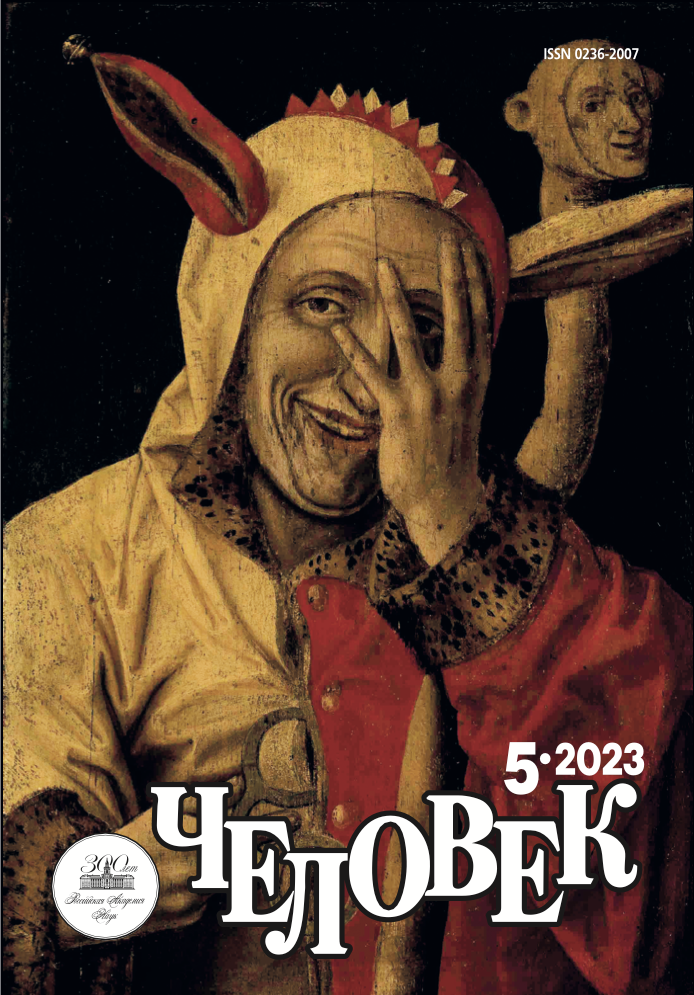Генеалогии в античной мифографии и в сочинениях раннехристианских апологетов: особенности риторического контекста
Ключевые слова:
Античность, мифография, «Библиотека» Псевдо-Аполлодора, генеалогия Иисуса, библейская экзегеза, раннехристианская апологетика, Юстин, Климент, христология, мифографический дискурсАннотация
В произведениях античной литературы представлены различные варианты генеалогий персонажей, играющих важную роль в религиозном культе и культуре в целом: в религии Древней Греции таковыми были представления о героях, в раннем христианстве — о персонажах Священного писания. В статье сопоставляются подходы к интерпретации и конструированию генеалогий в античной мифографии и раннехристианской литературе периода апологетики II–III веков. Жанр античной мифографиипредставляет собой группу разнородных по форме текстов, объединенных мифологическим содержанием. Однако важной особенностью этого типа литературы является то, что в нем в разном соотношении сочетаются исторический, художественный и религиозный мотивы автора. Это сочетание может быть продемонстрировано на примере работы мифографов с генеалогиями героев, сохранившимися в литературе и устном предании. В то же время многие раннехристианские авторы в своих апологетических целях занимались вопросами истории и так или иначе обращались к проблеме согласования генеалогий, а главной генеалогической проблемой было происхождение Иисуса. Автор рассматривает мифографию как литературный ириторический контекст формирования и обоснования определенных версий происхождения Иисуса. В статье выявляются общие механизмы обработкиверсий родословных персонажей греческих мифов и Иисуса в двух типах литературы соответственно. Благодаря этому расширяется область применения понятия «мифографического дискурса», введенного в современной научной литературе для характеристики раздела античной риторики на христианскую литературу периода поздней Античности.






